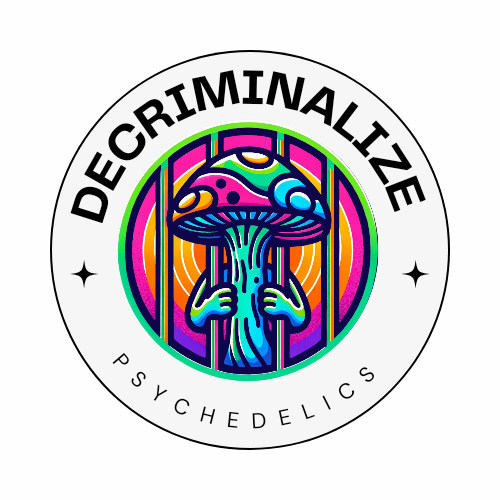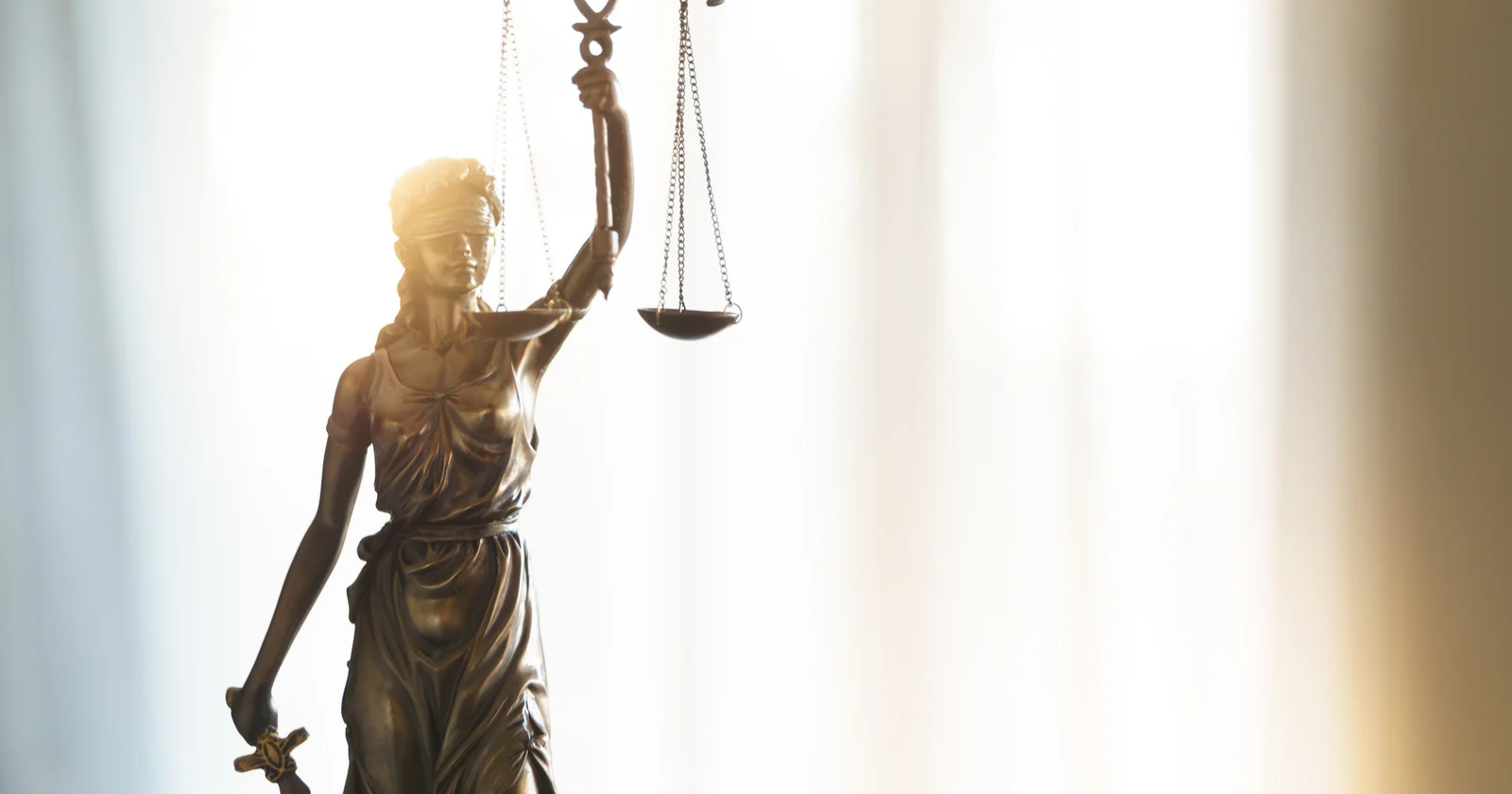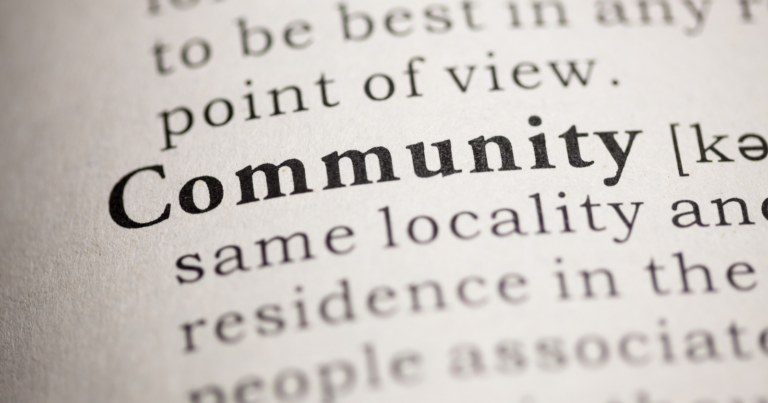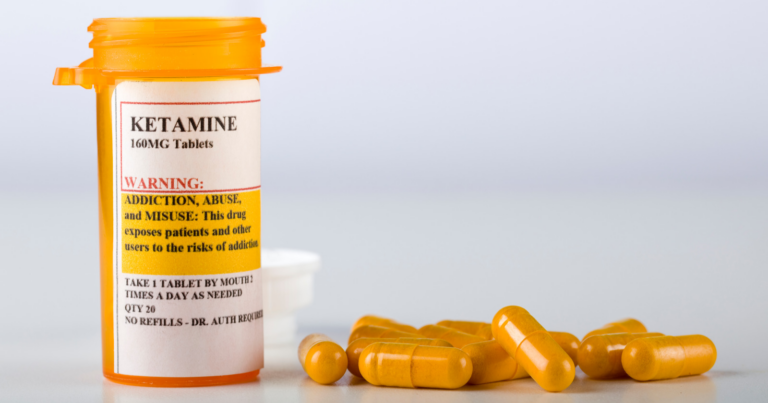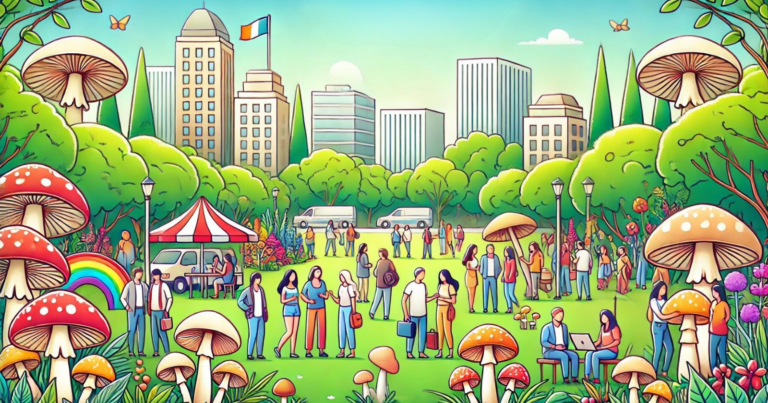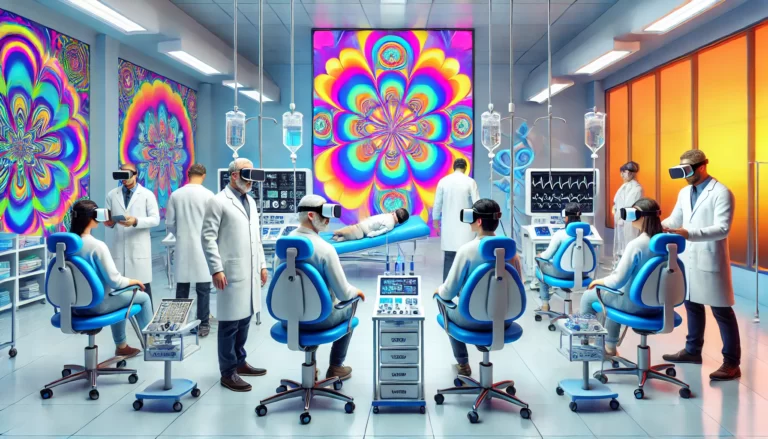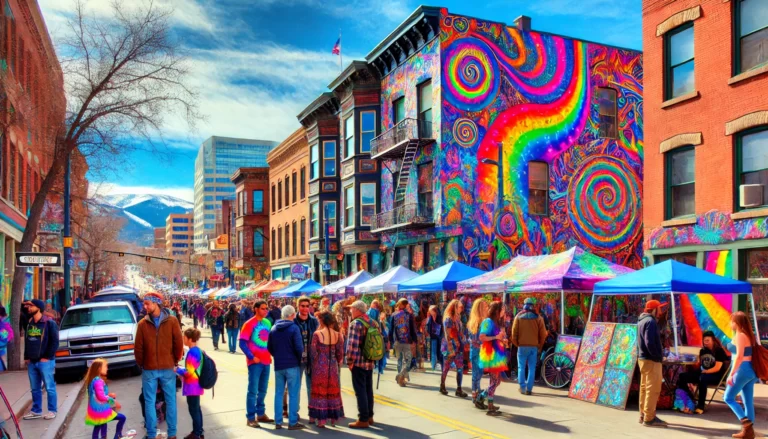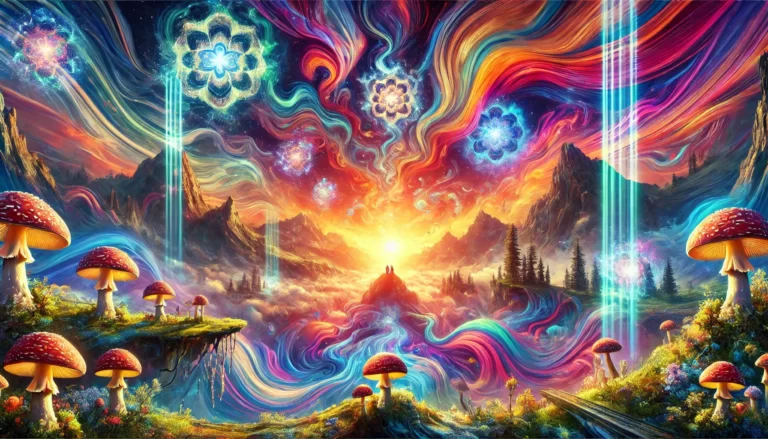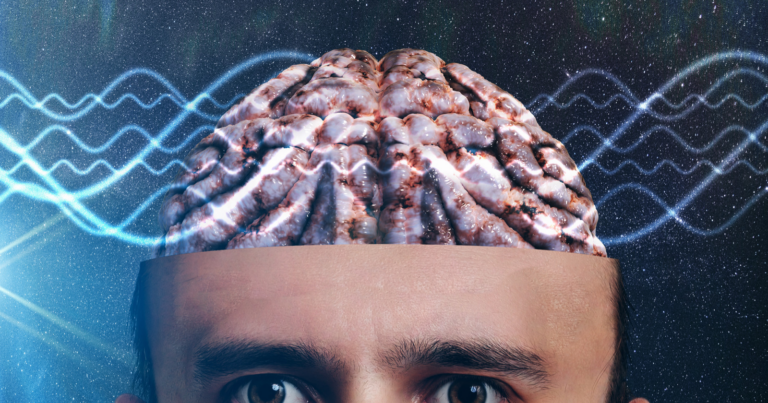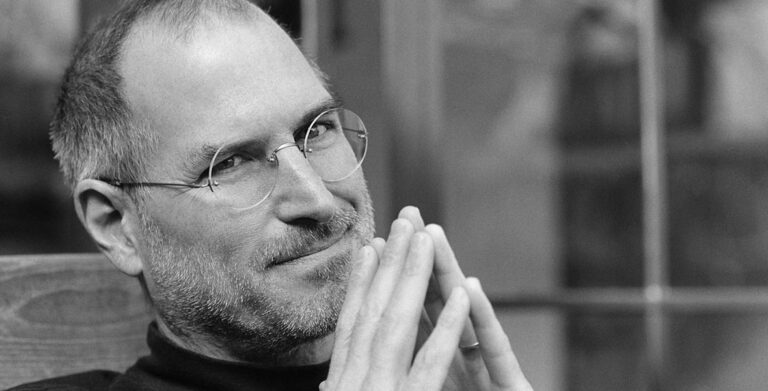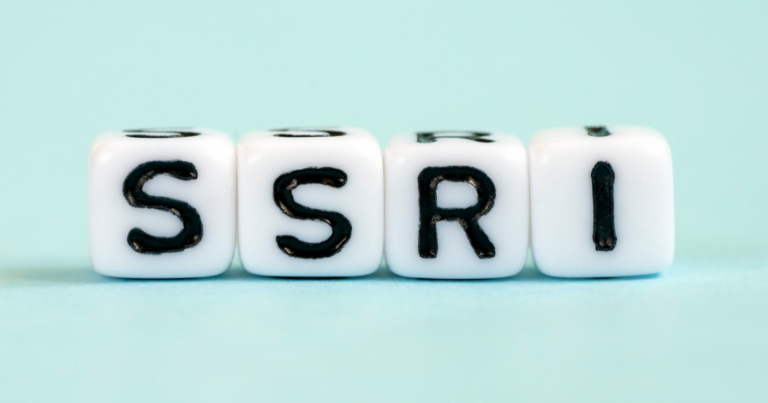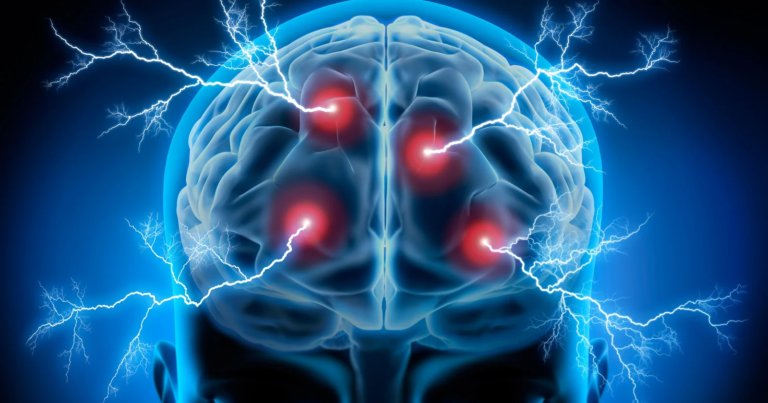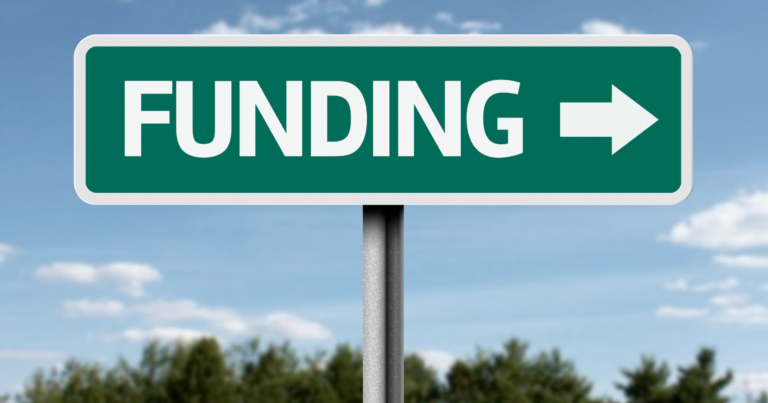Decriminalizing psychedelics is no longer just a pipe dream.
And you know what? It’s about time.
But before we celebrate, let’s take a minute to consider the implications.
What does this mean for our criminal justice system? Are we prepared for these changes?
You might feel a bit overwhelmed by all this. Don’t worry, you’re not alone.
Decriminalizing psychedelics is a complex issue, with potentially far-reaching effects. It’s not something that’s immediately clear or easy to understand.
That’s why I’m here to help break it down for you.
Today, we’ll dive into six key ways that psychedelic decriminalization impacts the criminal justice system.
Decriminalization Reduces the Prison Population
Let me share a personal story.
I have a friend, let’s call him Mike.
Mike had a rough start in life and ended up experimenting with psychedelics at a young age. He got caught and spent time in prison.
Was Mike a hardened criminal? No.
Did he deserve to lose years of his life behind bars? I certainly don’t think so.
Decriminalizing psychedelics could potentially reduce the prison population, freeing up resources for more serious crimes.
It’s like removing a heavy burden from an already overburdened system.
A Shift in Focus from Punishment to Rehabilitation
Moving onto another friend of mine, Jane.
She also got caught up with psychedelics.
But instead of prison, she was given the opportunity to attend a rehabilitation program.
The difference between Mike and Jane’s experiences is night and day.
Jane got her life back on track, thanks to the focus on rehabilitation rather than punishment.
Decriminalizing psychedelics could mean shifting the focus from punishing drug users to helping them overcome their addictions.
A more compassionate approach, wouldn’t you agree?
Reduced Racial Disparities in Drug Arrests
Did you know that despite similar rates of drug use, people of color are significantly more likely to be arrested for drug possession?
The War on Drugs has disproportionately affected racial and ethnic minority communities for decades.
With psychedelic decriminalization, we could see a significant reduction in these racial disparities.
It’s an opportunity to right the wrongs of a system that has been unfairly skewed for far too long.
Healing and Growth Through Therapy
Imagine a world where those struggling with mental health issues have access to new forms of therapy that could potentially change their lives.
Psychedelic-assisted therapy is showing incredible promise in treating conditions such as PTSD, depression, and anxiety.
Decriminalization could open the doors for this kind of innovative, life-changing treatment.
It’s about more than just reforming the justice system – it’s about creating opportunities for healing and growth, giving people a chance at a brighter future.
Revitalizing Research and Development
When I was studying psychology at university, I remember being fascinated by the potential of psychedelics in mental health treatment.
But the legal status of these substances made it incredibly hard for researchers to study them.
With decriminalization, we could see a renaissance in psychedelic research.
This could lead to breakthroughs in mental health treatment that we can’t even imagine yet.
For someone like me, who has always been passionate about mental health, this is an exciting prospect.
Changing Societal Attitudes Towards Drug Use
Remember the days when tattoos were seen as a sign of rebellion and were greatly stigmatized?
Now, they’re widely accepted and seen as a form of self-expression.
Decriminalization of psychedelics could lead to a similar shift in societal attitudes towards drug use.
Instead of viewing it as a moral failure, we could start seeing it as a health issue that needs addressing.
This change in perspective could significantly reduce the stigma associated with drug use, making it easier for people to seek help.
Financial Implications for the Criminal Justice System
When I was a volunteer at a local community center, I saw first-hand how stretched thin our criminal justice system is.
Limited funds are spread across various areas, from law enforcement to court proceedings to incarceration.
Decriminalizing psychedelics could potentially lead to substantial financial savings.
Fewer arrests and court cases mean less money spent on these areas.
This money can be directed towards rehabilitation programs and research.
The decriminalization of psychedelics has far-reaching impacts on our criminal justice system.
It’s not just about reducing prison populations or saving money – it’s about creating a more compassionate, fair, and effective system.
I say it’s about time we moved away from punitive measures and started focusing on healing and rehabilitation.
